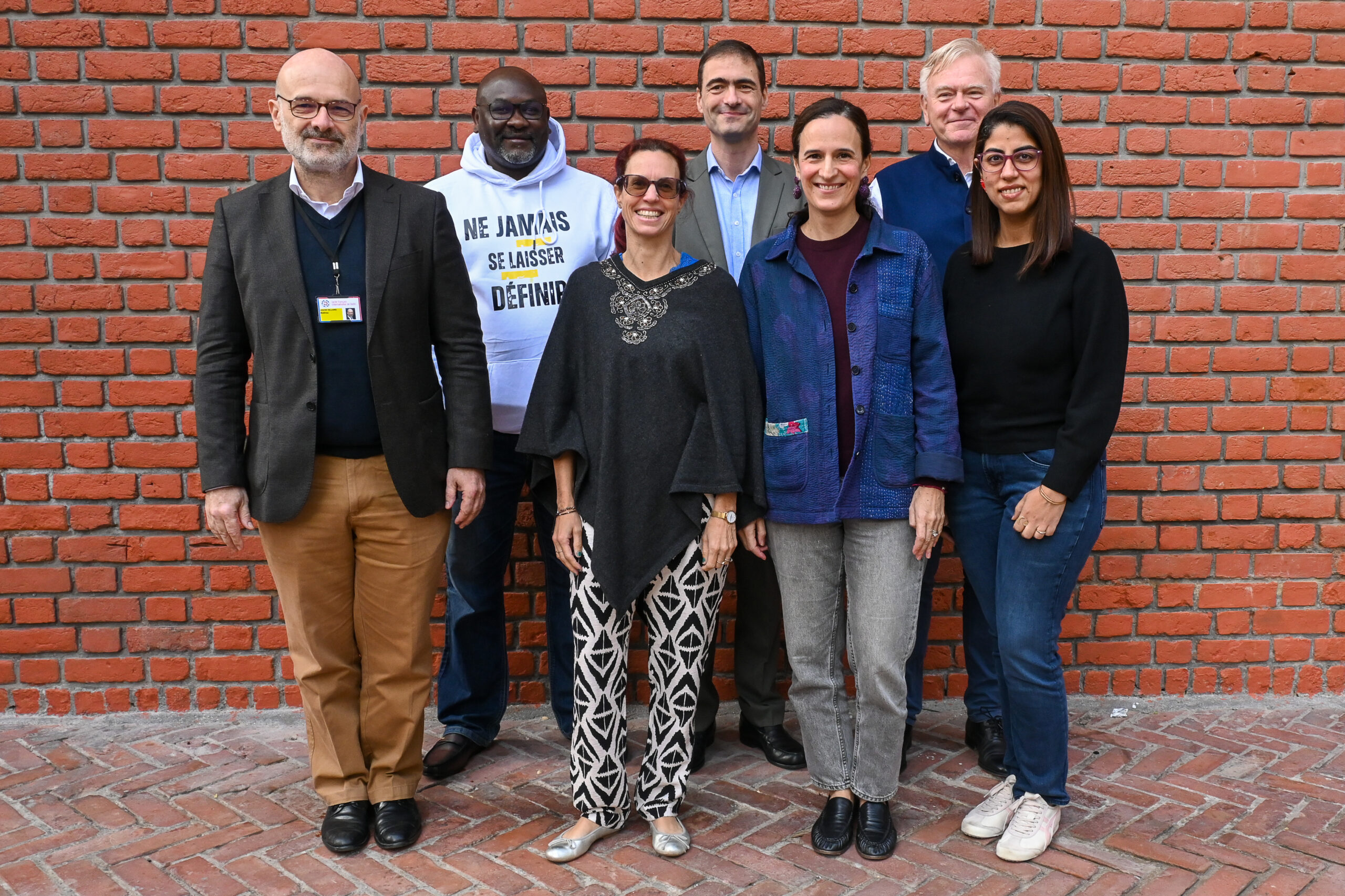The Lycée Français International de Delhi is based on an agreement between the Parents’ Association (APE) and the Agency for French Education Abroad (AEFE), with representation by the Ambassador of France in India. This agreement delineates the responsibilities of each party in the institutional governance.
Consequently, the governance structure of the Lycée Français International de Delhi encompasses both oversight by the Management Committee of the APE and pedagogical direction led by the Head of the institution, who serves as the representative of the AEFE.

The Parents’ Association ensures the proper functioning and development of the school.
Every parent of the Lycée Français International de Delhi becomes a member of the Parents’ Association upon their child’s enrollment and payment of tuition fees.
Membership continues as long as their children are enrolled in the institution.
As a legal nonprofit entity under the “Association Loi 1901,” the Parents’ Association is responsible for:
School Management: Overseeing the entire establishment, including buildings, staff, and finances.
Service Contracts: Managing contracts related to the school’s operations.
Strategic Decisions: Deciding on the school’s overall strategy.
Investments: Making decisions regarding the school’s investments.
The Management Committee is the executive body of the parents association
Partial elections are conducted annually during the fall General Assembly. The Management Committee consists of 5 to 7 members elected by the parents. Members of the committee serve as volunteers.
The members of the Management Committee are elected for 2 years.
Represents all parents. Actively contributes to the development and strategies of the establishment.
President: Acts as the legal representative of the Association. Chairs the Management Committee. Holds a decisive vote in the event of a tie. Represents LFID at official events. Presides over the two annual General Assemblies.
Vice-President: Assumes the duties of the President in their absence.
Treasurer: Presents LFID’s financial statements at the General Assembly. Ensures financial oversight of the establishment in collaboration with the Headmaster.
Secretary: Records minutes of meetings and the Management Committee. Manages communication from the Bureau to the parents.
The School Council oversees educational and pedagogical matters within the institution.
It consists of 12 members with voting rights:
4 staff representatives, each with a deliberative vote.
3 parent representatives, each with a deliberative vote.
1 student representative with a deliberative vote.
1 representative from the French Embassy in Delhi with a deliberative vote.
3 representatives from the school administration, each with a deliberative vote.
All staff members are elected annually, only the representatives of the school’s pedagogical management – the headmaster, the primary school director, and the CPE – remain constant.
The School Council addresses educational matters at both the primary and secondary levels.
– It approves the school’s project, internal regulations, schedule, and calendar for the school year.
– It provides input on the staffing plan (creation, suppression, and transformation) of seconded staff, the program of extracurricular activities, the reception and information of parents, the planning and funding of school trips, and any other matters concerning the life of the LFID.
The Primary School Council is consulted to give its opinion on all matters relating to the operation and life of the primary school.
It is composed of:
– The headteacher of the primary school
– Parent representatives from kindergarten and elementary classes (Parents must nominate themselves at the end of September each year during the elections organized by the school to be representatives on the School Council)
– Teachers from these same classes
The term of office for parent representatives is one year, renewable.
The School Council deals exclusively with issues related to the operation and life of the primary school.
– It gives its opinion on issues that are then voted on by the School Committee, including school projects such as field trips, the use of educational materials and tools, questions related to hygiene, health, and student safety, welcoming and informing parents, and the general terms of their participation in school life.
| Cookie name | Active |
|---|